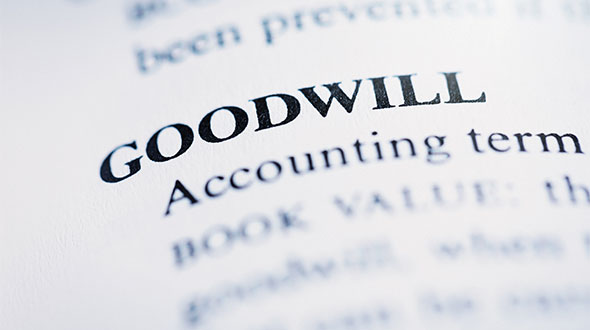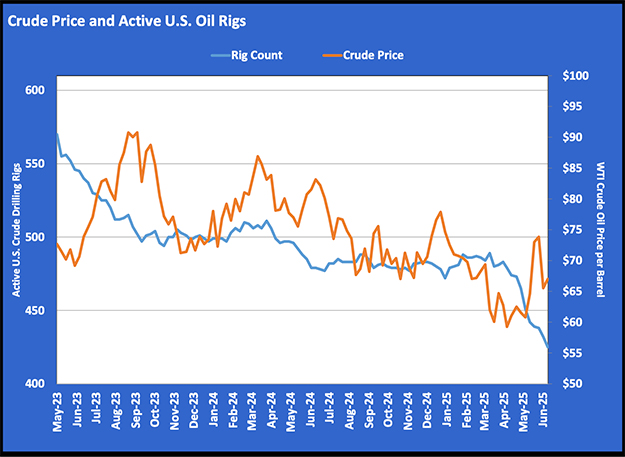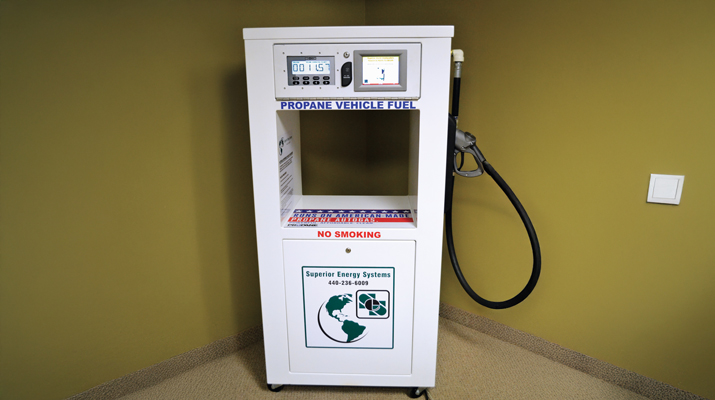Building goodwill is valuable to propane retailers
Retail propane is a people business where relationships are important.

When a propane business is acquired, “goodwill” assets account for a significant share of the purchase price. Photo: iStock.com/RapidEye
Take one rural Illinois propane marketer who each year gave one of his customers a quart of raspberries from his garden. This marketer created goodwill with his customer.
Building goodwill with customers can directly increase the monetary value of a company. When a propane business is acquired, the accountant often allocates at least 50 percent of the purchase price to “goodwill” and “customer relationships.” To illustrate, a propane business acquired for $5 million likely will include at least $2.5 million in “goodwill” and “customer relationships.”
Goodwill is also essential between the company’s leadership and the employees. Leaders who value their employee relationships will likely have lower turnover, more motivated employees and employees who take care of the customer. Employees have a keen sense as to whether their leadership cares about the customer and the employee.
The goal of every propane marketer should be to build that goodwill, leading to loyalty and long-term customer relationships.
Building goodwill: The essentials
Oklahoma-based QuikTrip Corp., a convenience store chain, is one example of a company with a work environment conducive to creating goodwill. In his article “Three Lessons from the world’s best gas station,” Matthew Gosney, vice president of organization development at UCHealth, details lessons learned from QuikTrip’s efforts to build goodwill. These can serve as a model for the propane marketer.
Leadership – Creating goodwill starts with leadership. Citing the QuikTrip story, QuikTrip’s founder and CEO Chester Cadieux had grown frustrated with his company’s performance in the early 1980s. He concluded that change was needed for his company to reach his goals. He recognized that some of his most proficient executives were not nice people. He cleaned house and began to hire and make promotional decisions based on both competency and cultural fit.
Employees – Each employee contributes to building the company’s goodwill. This is especially true in small companies. The typical 1-million-gallon propane marketer will have thousands of opportunities to leave a friendly, competent and cooperative impression. QuikTrip’s Cadieux during the company’s turnaround defined exactly the type of individual no longer acceptable as an employee. He communicated that people who are moody, cranky and difficult to work with won’t be tolerated.
For some propane marketers, this may mean doing the difficult task of correcting the family member or long-term employee who is not nice and not easy to work with.
Goodwill self-assessment
Here are a few questions to consider about whether your company builds goodwill:
- Does leadership, especially the owner or general manager, talk about the importance of building goodwill? Do they practice what they preach?
- Are employees, regardless of family or tenure, who are not nice or difficult to work with tolerated?
- Do employees demonstrate care for customers and each other?
- Do you allow customer service representatives, drivers and technicians reasonable time while on the job to build relationships with customers?
Propane employees should ask themselves whether they build goodwill with customers and their fellow employees daily and with each encounter.
Randy Doyle is a 30-year propane industry veteran who serves on the PERC council and on the NPGA board of directors.
















